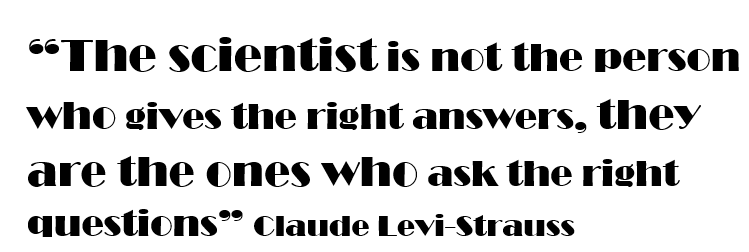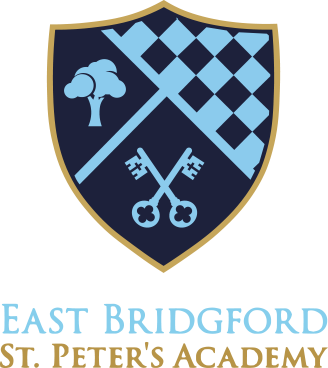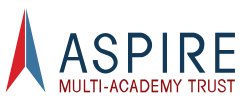Science
Welcome to Science

What do we want our Science curriculum to achieve?
At St. Peter’s Academy, we recognise the importance of science in every aspect of life, today and in the future. We aim to nurture children’s understanding of the world around them by helping them to think scientifically. A high-quality science education provides the foundations for understanding the world through the specific disciplines of biology, chemistry and physics.
All pupils will be taught essential aspects of the knowledge, methods, processes and uses of science. We want to show children that becoming a scientist is a real and achievable goal, that they can aspire to make a difference in the world of science. We aim to nurture children’s understanding of the world around them by helping them to think scientifically. We enable them to gain an understanding of the scientific process, and also of the uses and implications of science. We want pupils to understand how science has changed our lives over the years and how it is vital to the world’s future prosperity.
We aim to nurture children’s understanding of the world around them by helping them to think scientifically. We enable them to gain an understanding of scientific process, and also of the uses and implications of science. We want pupils to understand how science has changed our lives over the years and how it is vital to the world’s future prosperity. We want to show children that becoming a scientist is a real and achievable goal.
Why is Science important to us?
Science is important to us because it helps us understand the world around us and how things work in our everyday lives. For example, science explains why the sky is blue, how plants grow from tiny seeds into big trees, and what makes animals different from each other. It helps us learn about the changes in weather, the seasons, and even how our own bodies grow and stay healthy.
Science also helps us solve problems and make our lives better by discovering new medicines that help people stay well, creating technology like computers and smartphones, and finding ways to protect our environment, such as recycling and saving water. When we learn science, we become curious thinkers who ask questions, explore new ideas, and try out experiments to find answers. This curiosity helps us understand how to take care of ourselves, other living things, and our planet so that the Earth stays a safe and healthy place for us and future generations.
Science helps us be smart, creative, and responsible citizens who can make a positive difference in the world.
How do we develop knowledge and skills in Science?
We develop knowledge and skills in Science by exploring and discovering through hands-on activities and experiments that make learning exciting and real. In our lessons, we start by asking interesting questions about the world around us and making predictions about what we think will happen. Then, we observe carefully during our investigations to see the results and learn new things. We use different tools like magnifying glasses to look closely, thermometers to measure temperature, and other simple equipment to help us explore and gather information.
As we carry out experiments, we also learn how to record what we find by drawing detailed pictures, writing clear notes, and organising data using charts or tables. This helps us remember and understand what happened during our investigations. Working together with our classmates is an important part of learning science too. We share our ideas, listen to others, and ask questions, which helps us think more deeply and discover even more. Through these activities, we build important skills such as careful observation, problem-solving, asking good questions, and explaining what we have learned. These skills help us become confident scientists who can explore the world and understand it better every day.
How do we use assessment in Science?
Continual formative assessments take place during lessons using targeted questioning and discussion individually, in groups or as a class. Possibilities to consider students' ideas, misconceptions, strengths and weaknesses.
Questioning/ quizzes of prior knowledge at the start of each lesson and for
Consolidation of learning at the end of the lesson.
How do we include and challenge all children in Science?
We provide an inclusive environment for all children, including our SEND children, by designing inclusive, differentiated learning experiences that cater to diverse abilities. This includes using visual aids, hands-on experiments, simplified language, and assistive technology to ensure accessibility.
Teachers offer scaffolding support and alternative ways for students to engage with content, express understanding, and build confidence in scientific enquiry. Collaboration with support staff and parents also helps create a consistent and supportive environment where every child can thrive and develop a love for science.

